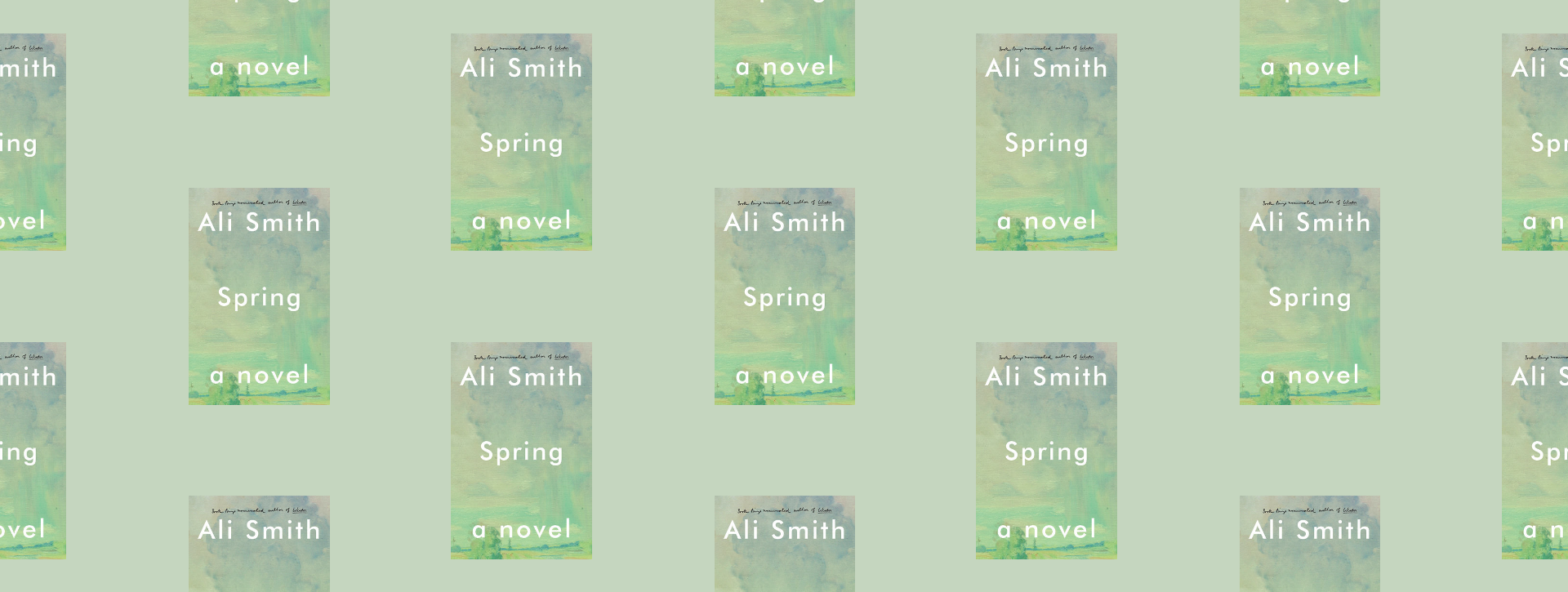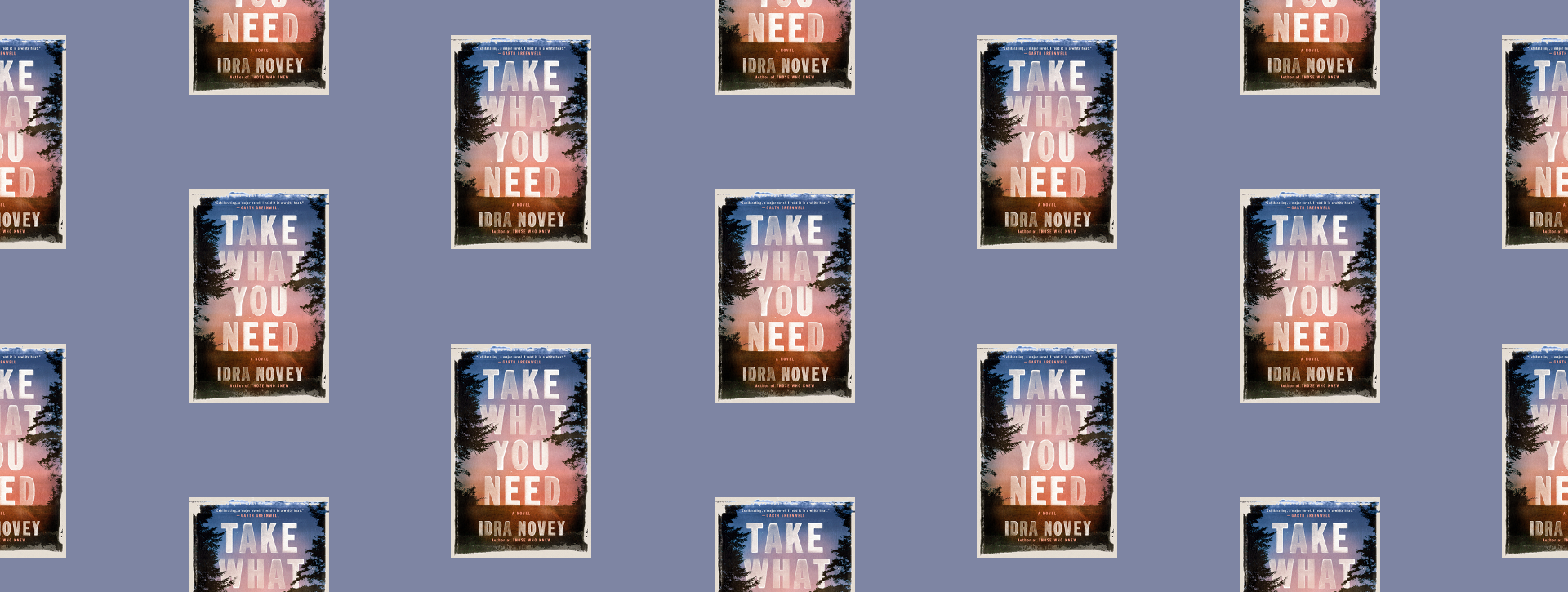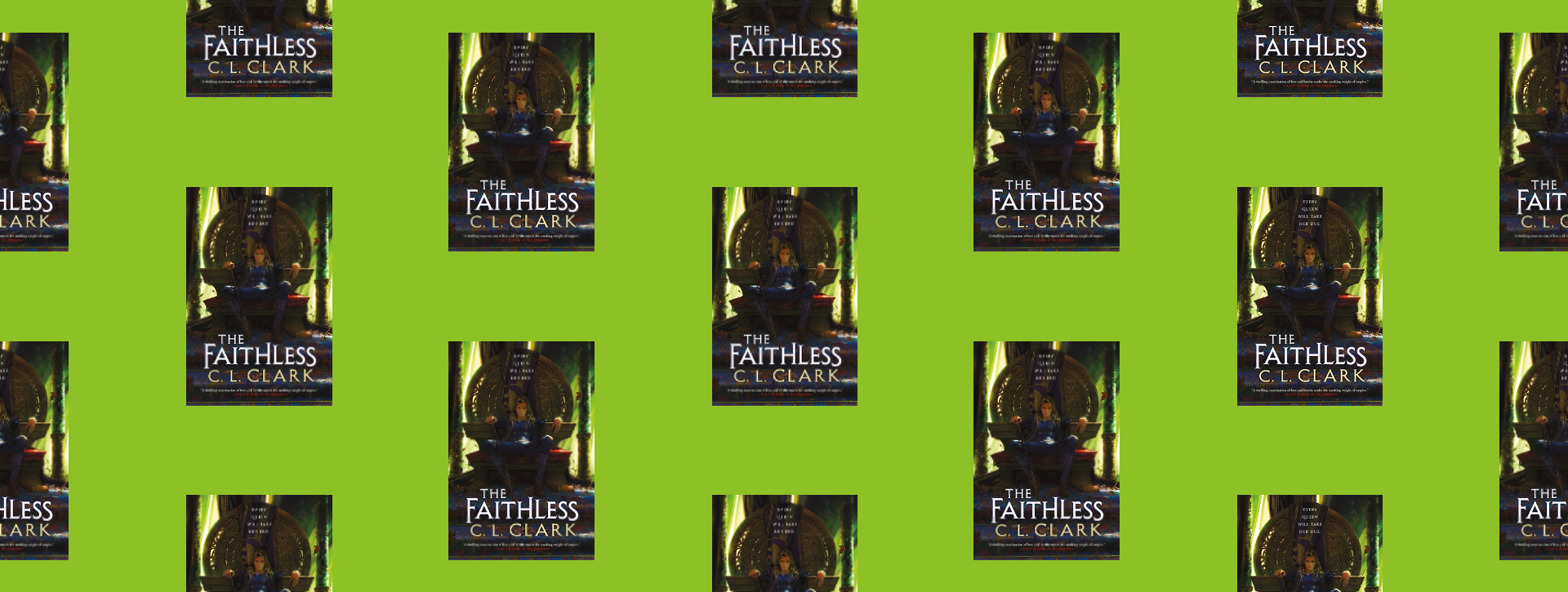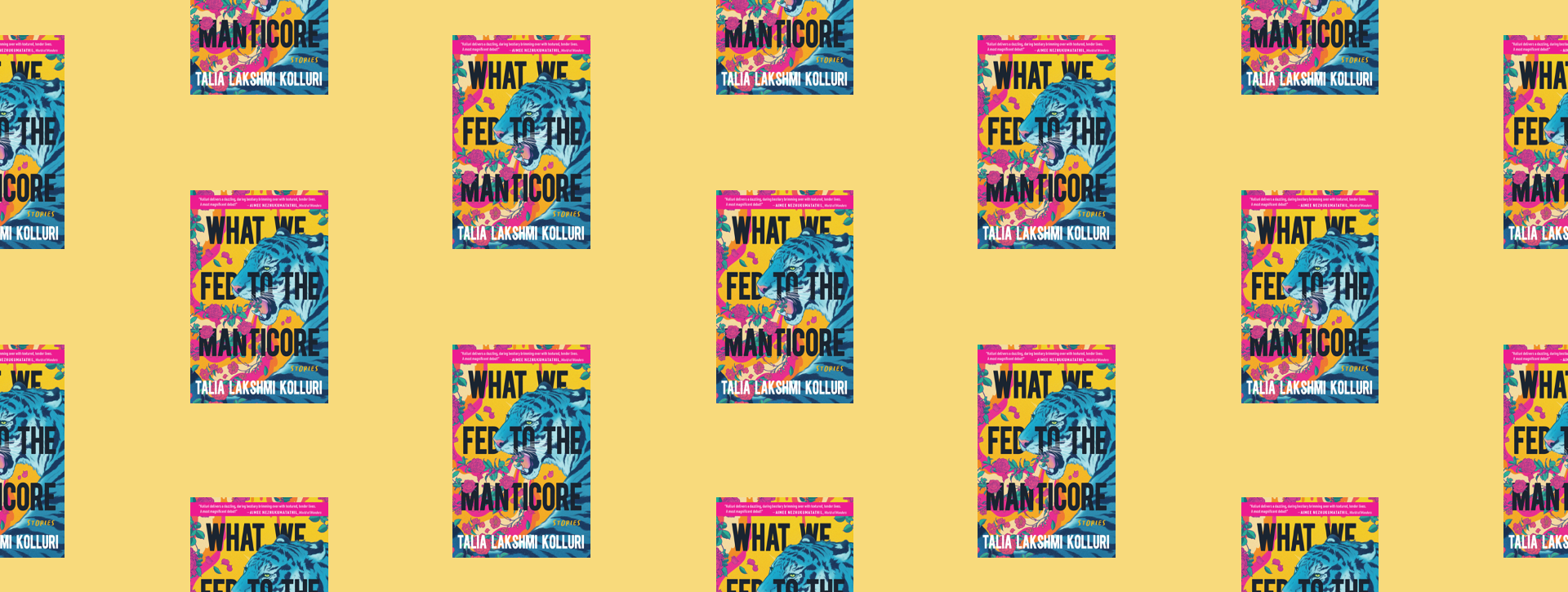Spring (Seasonal Quartet, #3)
Spring is my favorite of Ali Smith’s Seasonal Quartet so far. It’s a deeply felt novel with smart, resonant social commentary.
The Last Tale of the Flower Bride
The Last Tale of the Flower Bride is a lush, delicious, completely enchanting (and short!) gothic fairytale with an ending I can’t believe I didn’t see coming. What more could you ask for?
Victory City
Victory City is a delightful historical literary fantasy by the master storyteller himself. It wasn’t perfect, but it was a delight to read, and Rushdie always leaves us with much to ponder.
The Stone Virgins
The Stone Virgins is a technically challenging and emotionally difficult read, but there’s no denying that it’s also an incredible work of fiction. While I struggled with it, I was also so impressed.
The Bone Shard War (The Drowning Empire, #3)
The Bone Shard War is a good conclusion to a pretty strong epic fantasy trilogy, although it felt a bit too drawn out to blow me away. Still, I recommend the series overall!
Essential Labor: Mothering as Social Change
I had been hoping for a bit more from Essential Labor. The memoiristic parts are its strongest. The rest may be a good introduction to many different social issues for those new to them, but it stayed pretty surface-level.
The Colony
The Colony is a quietly devastating, gorgeously written book about colonization and agency set on a small Irish island during the Troubles. It has lots of layers!
Happy Place
Emily Henry does it again! Happy Place is not only a fun read with a fun combination of tropes, it’s also deeply felt with a realistic, heartbreaking central conflict.
Take What You Need
Take What You Need is a quick but heartbreaking read about an estranged stepmother and stepdaughter with geographic, class, and political divides. The character and conflict work is just incredible.
White Cat, Black Dog
White Cat, Black Dog is a delightfully weird little collection of stories inspired by fairy tales and folklore. It’s funny and layered and excellent.
Running While Black: Finding Freedom in a Sport That Wasn't Built for Us
Running While Black is the perfect blend of memoir and hard-hitting social commentary. Desir’s focus on the running world is both narrow (making it feel particularly fascinating) and broad (illustrating its necessity.
Chain of Thorns (The Last Hours, #3)
Chain of Thorns was a fine conclusion to a fine trilogy — entertaining, yes, but definitely not my favorite set of Shadowhunters books. The trilogy-long miscommunication trope was too much for me.
Maps of Our Spectacular Bodies
Maps of Our Spectacular Bodies is an unconventional, heartbreaking, extremely beautiful book about a woman dying of cancer. It’s part poetry, part narrative, and unlike anything else.
The Faithless (Magic of the Lost, #2)
The Faithless, sequel to The Unbroken, is a pretty good book two. I found the pacing a little uneven, but the ending was great and I’m looking forward to book three.
What We Fed to the Manticore
I absolutely loved What We Fed to the Manticore. It’s a collection of beautifully rendered short stories, all from the perspective of animals, ruminating on grief, hope, war, and climate change. Please read it.
The River of Silver: Tales from the Daevabad Trilogy
The River of Silver is nothing less than a gift to Daevabad lovers, from the bottom of S.A. Chakraborty’s heart. I loved being back in this world.
Dyscalculia: A Love Story of Epic Miscalculation
Dyscalculia is a hard-hitting, strikingly original little book about a messy breakup amid the author’s lifelong struggle with trauma and mental illness. It’s a very quick read that will definitely make for a strong reread.
Arca (The Five Queendoms, #2)
Arca is the second book in the Five Queendoms series, and I think it was even stronger than book one (Scorpica). I’m definitely enjoying these enough to want the next book!
The Adventures of Amina al-Sirafi (Amina al-Sirafi, #1)
The Adventures of Amina al-Sirafi is an adventurous, swashbuckling, gloriously fun time with an incredible cast of characters. It’s the start of a series (but feels like a standalone) and I can’t wait for more in this world!
Lucy by the Sea (Amgash, #4)
Lucy By the Sea is another cozy, resonant novel by Elizabeth Strout. While I didn’t love it as much as I’d hoped, watching Lucy process the pandemic does feel almost therapeutic for we who lived it.




















